The Saturday Read: The American Berserk
Inside: Vance, Starmer's people, Marr, Helen Thompson, Maxwell, poetry.
Good morning. For any first-time readers, this is the New Statesman’s weekly guide to the best writing on politics, culture, books, and ideas. This is Jason, together with Finn, Nicholas, Pippa and George.
We now have over 200,000 subscribers to this newsletter. Thank you for reading us and next week the Saturday Read team will be answering your questions. Please email us. And don’t miss Phil Tinline’s sign-off on the four essential books we should read to understand the moronic inferno that is modern America.
Last Sunday, I woke reasonably early and reached for my phone. There was a terse WhatsApp message from my teenage son, who was in northern Germany on a school exchange trip: “Trump shot!” For some reason, I immediately tried to put on the television. “Tried” being the key word here. A delay followed as I impatiently struggled to work out which remote control was which and how to access the news channel.
The “shot seen round the world”, as our headline described it in Geoff Dyer’s smart “reading” of Evan Vucci’s already legendary photograph of a bloodied Trump punching the air – flanked by dark-suited Secret Service agents and under an American flag – narrowly missed its target. Trump survived and is heading for the White House. His pick for VP is JD Vance, the junior senator for Ohio and author of the memoir Hillbilly Elegy. He was already the talk of the town when I travelled to Washington in May with David Lammy, the then shadow foreign secretary, now Britain’s chief diplomat.
My colleague Sohrab Ahmari interviewed Vance, the fast-rising leader of the pro-worker, anti-woke “New Right” for the New Statesman in February; the piece has been circulating widely in recent days. (This Politico summary on the intellectuals most influential on Vance is also worth your attention.) Vance is a resolute foreign policy isolationist. The new Labour government is seriously worried about what a Trump-Vance ticket might mean for the United Kingdom, Europe, Nato and the Ukraine war. They are hoping for the best while preparing for the worst.
On that trip in May, Lammy met senior politicians from both sides of the divide, but the larger purpose was to build alliances with Republicans and to prepare for a possible Trump victory in the autumn. Lammy had a private meeting with Vance and referred to him as “my friend” at a Hudson Institute event with Jim Risch, a hard-line Republican senator and Beltway fixer. This week Vance returned the compliment by saying Britain under Labour could become the world’s first nuclear-armed “Islamist” country. With friends like these…
Click to read online if this email cuts off. If you already subscribe to the New Statesman, thank you. If you don’t yet and these pieces intrigue, perhaps you’d like to try a subscription. If you enjoy the Saturday Read we’d welcome any readers you think may enjoy it too.
The picks…
Good morning, Finn here. Here is a collection of our favourite pieces from across the New Statesman this week. History, as my colleague Megan Gibson wrote on Friday, was supposed to have ended years ago. But a suspicious amount of it seemed to happen this week. In our picks below we’ve covered Trump, Europe’s fragile future, and the scourge of bad poetry. As ever, thanks for reading and have a great weekend.
1—“Words, in mid-flight, can become sticks, stones and worse.”
From the Roman empire to Bolshevik Russia, Andrew Marr writes, assassination has never “worked”: it is inhumane and, as a political strategy, is a dead end. Donald Trump may be a threat, but the thinking that led to his attempted assassination is a far greater one. PB
The fatal danger is to conflate the circumstances taking us towards authoritarianism with the individual actor; to assume that by removing one human being, like a piece plucked from the board, you change the rules of the game. This is hardly ever the case and modern political life is even more complicated than chess. In it, economically secure, well-educated and well-defended societies provide little space for populists, never mind tyrants. Societies collapsing or in peril produce one such figure after another. We must always dig deeper. We must always look for political answers.
2—“A monster made of consumer goods.”
This week Tanya Gold reviewed The Lasting Harm by Lucia Osborne-Crowley – on the surface, a narrative account of Ghislaine Maxwell’s trial; in reality, it is the story of Jeffrey Epstein’s victims. Or, as Tanya explains, “a plea to be heard”. This is a typically affecting piece from one of my favourite contributors. FMcR
It was, of course, partial justice. Epstein died in his New York prison cell in 2019, and, aside from Maxwell, who glibly sketched the court artist sketching her, his fellow abusers have not been publicly named or punished. Osborne-Crowley notes that, had the authorities acted effectively when the first accusations came in 2005 – the charges of sexual abuse and sex with minors were downgraded to solicitation of a prostitute, and Epstein served just 13 months in jail – women and girls would have been saved. Carolyn died in 2023: “She fought harder than anyone I’ve ever met,” Osborne-Crowley writes. “But some things are too terrible, too evil, to sustain a life.”
3—“Starmer’s people are returning class to the centre of politics”
Here’s a staggering figure: 46 per cent of Britons now describe themselves as working class – up from 32 per cent in 1983. This vertiginous shift might just be reflected in Keir Starmer’s new government – collectively the cabinet is one of the most working class in UK history. But to really understand Starmer’s Labour we need to study our pre-Blair history. Luckily George Eaton can help us out. FMcR
Keir Starmer may have revived one Blairite tradition – winning elections – but he has abandoned another. In his first speech as Prime Minister outside Downing Street, he spoke not of “hard-working families” – as Blair often did – but of “working-class families like mine”. In her introductory statement to Treasury civil servants, Rachel Reeves remarked: “I will judge my time in office as a success if I know that at the end of it there are working-class kids from ordinary backgrounds who are living richer lives.”
To enjoy our latest analysis of politics, news and events, in addition to world-class literary and cultural reviews, click here to subscribe to the New Statesman. You’ll enjoy all of the New Statesman’s online content, ad-free podcasts and invitations to NS events.
Not mellow nor fruitful
On a rattly Piccadilly line train I found myself straining my eyes to read an extract of “Endymion” by Keats, plastered in a regular advertising slot as part of the Poems on the Underground project. It’s a magisterial poem but the London Underground is no place for it: a land far away from the “quiet breathing” of Keats’s unique imagination.
It got me thinking: why is all tube poetry so bad? The good stuff – your Keats, your Housman – is ruined by the context (screechy tracks, hot carriages, reams of tacky and cheap advertisement). And the bad poems – well, they’re really bad. I am particularly offended by one poem that reminds readers that butterflies are just “perseverant caterpillars” – I’m on my way to work, not nursery!
So, last weekend I spent an afternoon pinballing around the Underground looking for the most egregious examples. You can read about what I found in the full piece here. When I finally came up for air, I was left with the impression that these poems were another part of this moralising and patronising public realm. Buy your way to being a better person; soothe your soul with some Seamus Heaney; you need hair care vitamins, actually; read some Keats you shallow consumer. But maybe that’s just how it feels to read poetry in an Underground with no air-conditioning.
Climate change is one of the greatest threats we face today, posing unprecedented challenges to societies at every level. The University of Plymouth is working to counter the pessimism that emerges in parts of society where people feel helpless in their efforts to counter the challenge; their research is providing models for how we can match the urgency of that need to act with our potential as citizens and communities to make meaningful change. Click here to learn more.
4—“Labour is making the same wishful bet Johnson placed in 2019.”
Bad luck, Starmer, says Helen Thompson, but we’re not going to be a clean energy superpower, and if you think otherwise, you probably don’t know the difference between electricity and energy. Electricity cannot be distributed across oceans. GM
For heavily indebted European states, there can be no escape from the interaction of the financial markets, interest rates and energy. In making energy central to a British economic recovery, Labour has made promises in a policy area that is prone to crisis. Avoiding another financial reckoning arising from Britain’s predicament as a net energy importer with a weak currency will be a matter of fortune, not political will. If it comes, it will be no less unforgiving for Labour in its consequences than it was for the Conservatives.
5—“How strange life in the third millennium has become.”
In a new book, former NYT chief literary critic Michiko Kakutani has employed an old image – The Great Wave off Kanagawa – to try to make sense of a new chaos: modern America. Lyndsey Stonebridge asks how it became “so disturbing to try to imagine the future”. GM
With an uncertain future in mind, what is possibly most significant about The Great Wave is its strangely haunting sense of emptiness. The characters are all there, the chorus is assembled. Kakutani tells us that modern-day America has charted its latest social upheavals through its outsider figures at least since Samantha the back-combed witch in the 1960s sitcom Bewitched twitched her nose and gave notice that patriarchy’s slippers-by-the-fire days were numbered. The turn of the century gave us The Sopranos, The Wire and Breaking Bad, portraying a new generation of brilliantly articulate outlaws, whose authors revolutionised TV drama and exposed the bitter ends of the American dream.
6—“Into the lattes shall splash the salt tears.”
The end is cometh. Four years after Pret launched its subscriptions, they’re over. You’ve got until September to get your five drinks a day, so run. Will Dunn reminds us that almost-free coffee was always too good to be true. Nothing gold, said the poet… GM
When Club Pret launched in 2020, the talk was of a new settlement, an improved post-pandemic world. “We have been through too much frustration and hardship just to settle for the status quo and to think that life can go on as before the plague”, we were told by Boris Johnson, as we sipped our sort-of-free coffees and worked at the kitchen table. As it turns out, the status is exactly what we are settling for, hurrying to and from the office on a train that could easily have arrived from 2019, nursing our flat whites at £4.50 a go.
8—“The people of America have been guilty of idolatry by making a man their god.”
Modern American history and modern French history begin at the same time: in the political-intellectual upheaval of the late-18th century. And as the sister republics experience sister crises – in the form of Macron’s collapse in authority and Trump’s near-death experience – David A Bell has produced a fascinating comparative analysis, framed around the personality and office of the two nations’ presidents. NH
Both countries have hugely powerful, quasi-monarchical chief executives, whose authority echoes that of 18th-century British and French kings. And in both, in order to function with these offices, democracy has required a relatively stable party system in which the two sides agree to trade the office between them, and to accept the other’s legitimacy. This compact has now essentially collapsed.
George’s Best of the Rest
Mirror: Father of crossbow victims: “make the most of every day”
David Remnick: A nation inflamed
Tyler Cowen: Who changed the vibes in here?
Pete Wells: Leaving the table
Ted Gioia: On My Brilliant Friend
Anna Leszkiewicz: The small-girl’s Proust
Hippos can jump? Kangaroos shook
Dover Castle makes digital comeback after 1216 siege A dish best served freezing
Lancashire lollipop man, 86, to celebrate retirement with “mad week in Benidorm”
Four books to understand: Modern America
Phil Tinline is currently writing a book on the history of conspiratorial thinking in America – so he was the first person we turned to as the Trump assassination attempt descended into talk of “false flags”, “inside jobs” and “lines of fire”. (Read his essay “The long shadow of JFK” from this week’s magazine here.) We’ve asked him to share the fruits of his research and tell us the best four books to understand the paranoias that govern the modern United States.
Last Best Hope: America in Crisis and Renewal by George Packer (2021):
Packer was rightly lauded for The Unwinding (2013), but his follow-up, written during the plague year of 2020, is equally essential, engaging with why so many Americans have retreated into “armed loneliness”, and plumbing the past to find an escape route.The Steal: The Attempt to Overturn the 2020 Election and the People Who Stopped It by Mark Bowden and Matthew Teague (2022):
The attack on the Capitol was barely over when Bowden and Teague began work on their first draft of its history. It’s a grim anatomy of the fears and delusions and blatant grift that drove the claim the election was a fraud, told through the traumas inflicted on individual officials and workers.Homegrown: Timothy McVeigh and the Rise of Right-Wing Extremism by Jeffrey Toobin (2023):
The last few years have brought a resurgence of interest in tracing the roots of America’s crises back to the 1990s, with its weird mix of euphoria and fury. Here, Toobin follows the journey of the Oklahoma City bomber from industrial decline in Buffalo, through military service in the Gulf, to the gun circuit and finally his decision to blow up a federal building. It offers a revealing insight into the conspiracist nightmares that have since spread further across American culture.Strangers in Their Own Land: Anger and Mourning on the American Right by Arlie Russell Hochschild (2016):
In a competitive field striving to make sense of the Trump phenomenon, this book stands out. Hochschild draws on the five years she spent immersed among ordinary right-wing Republicans in Louisiana. As a liberal Berkeley sociologist, she supposedly had nothing in common with those she got to know – that’s why she went. Her brilliant delineation of their “deep story” is a masterpiece of empathy.
The New Statesman is home to the finest writing on politics, culture and ideas. To stay up to date, subscribe using the link above.
— Jason, Pippa, George, Finn and Nicholas.
Special thanks this week to Lily Isaacs and Lily O’Regan.


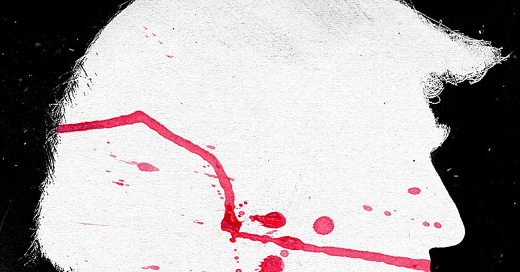








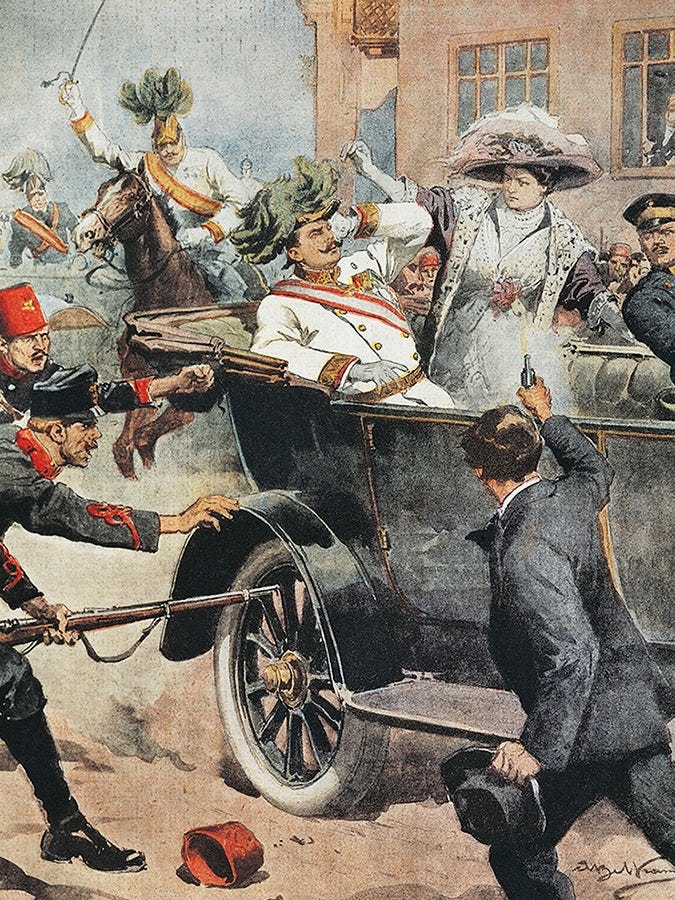
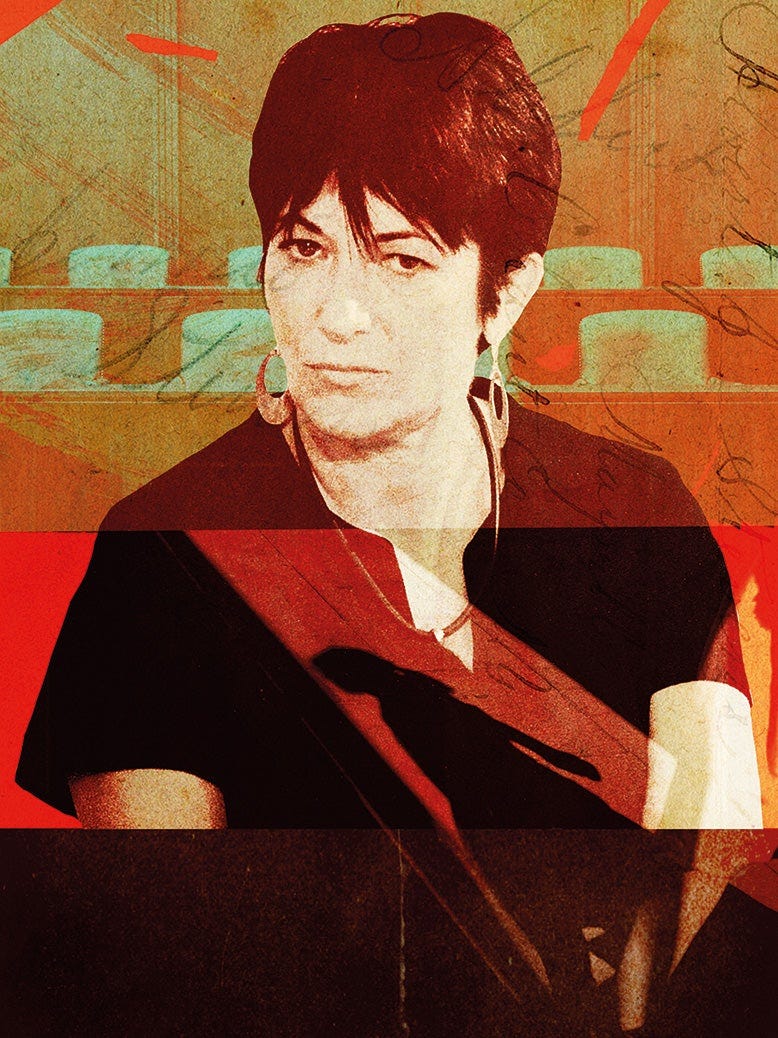
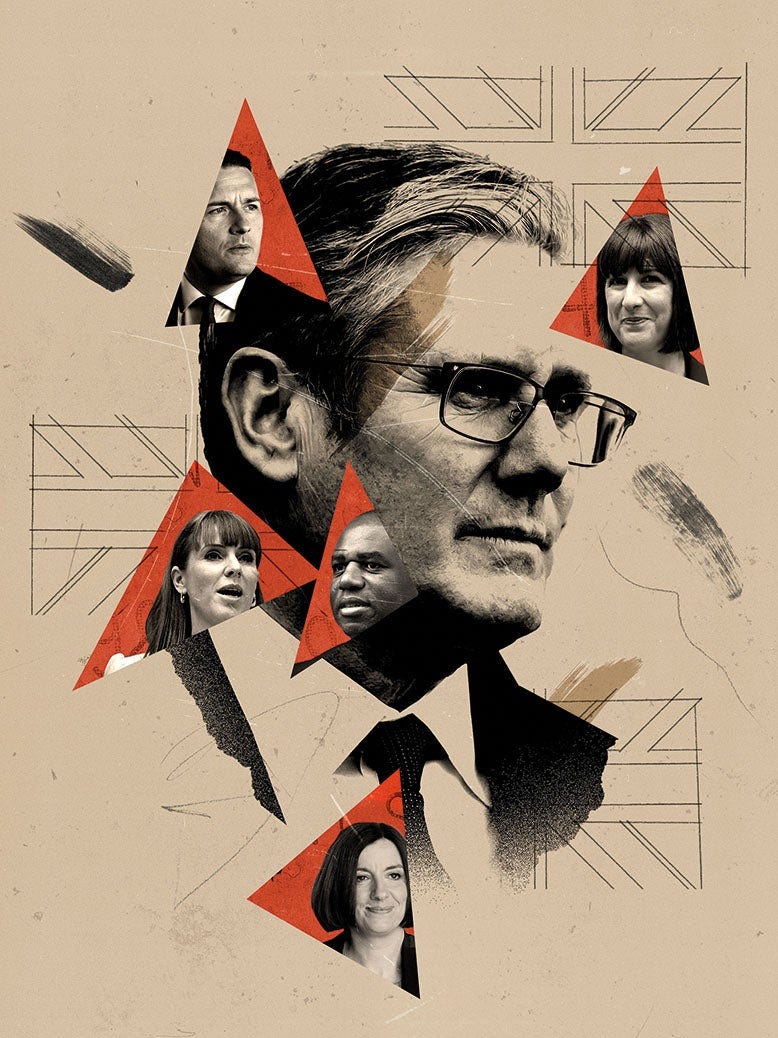


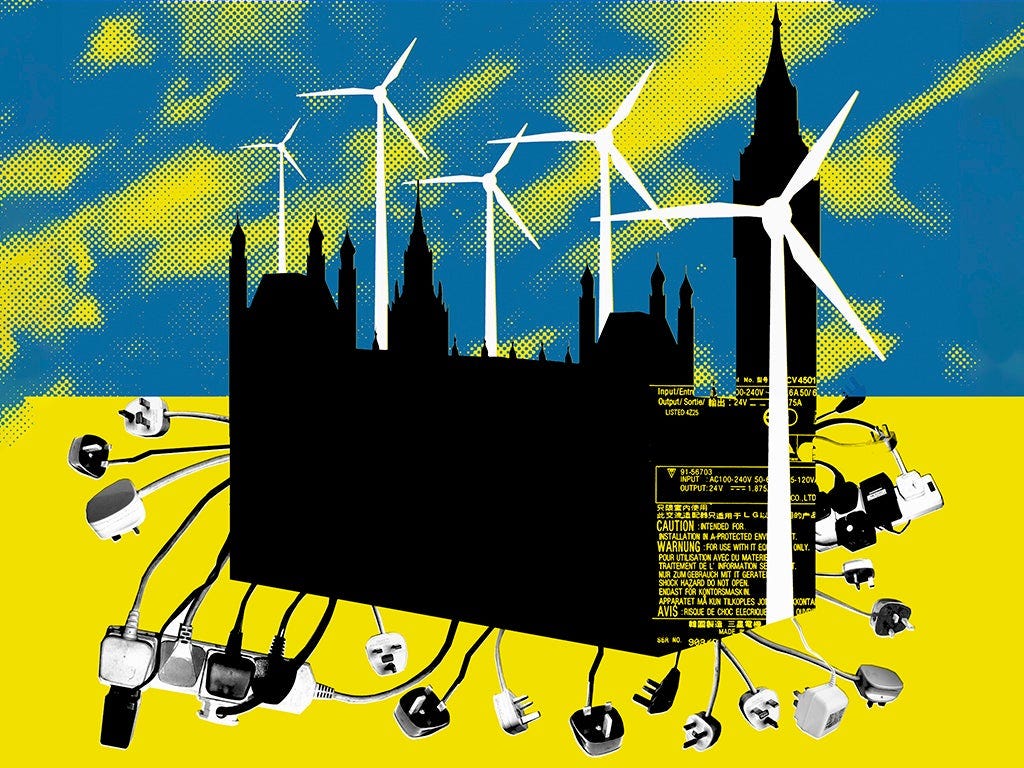
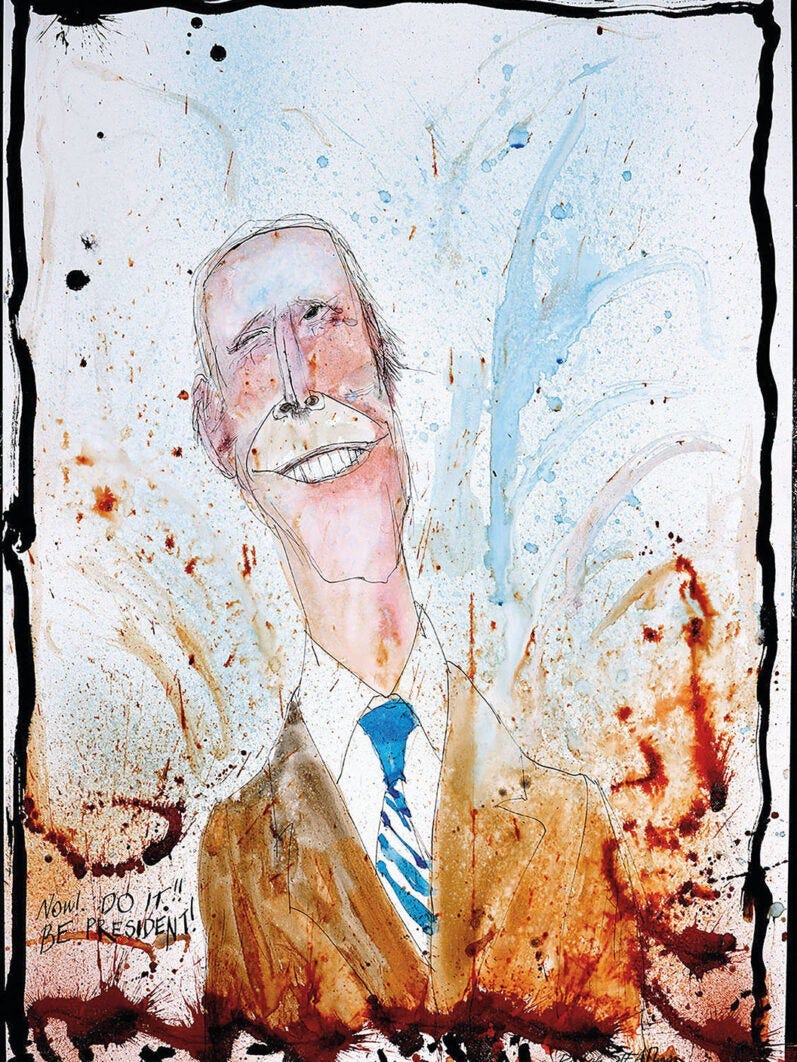
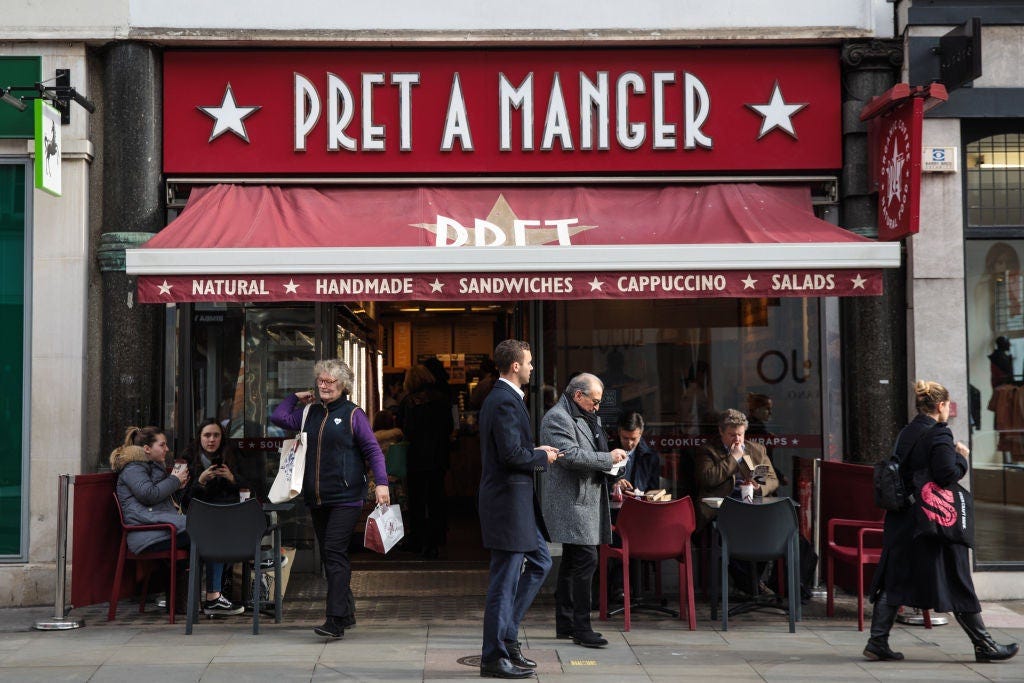
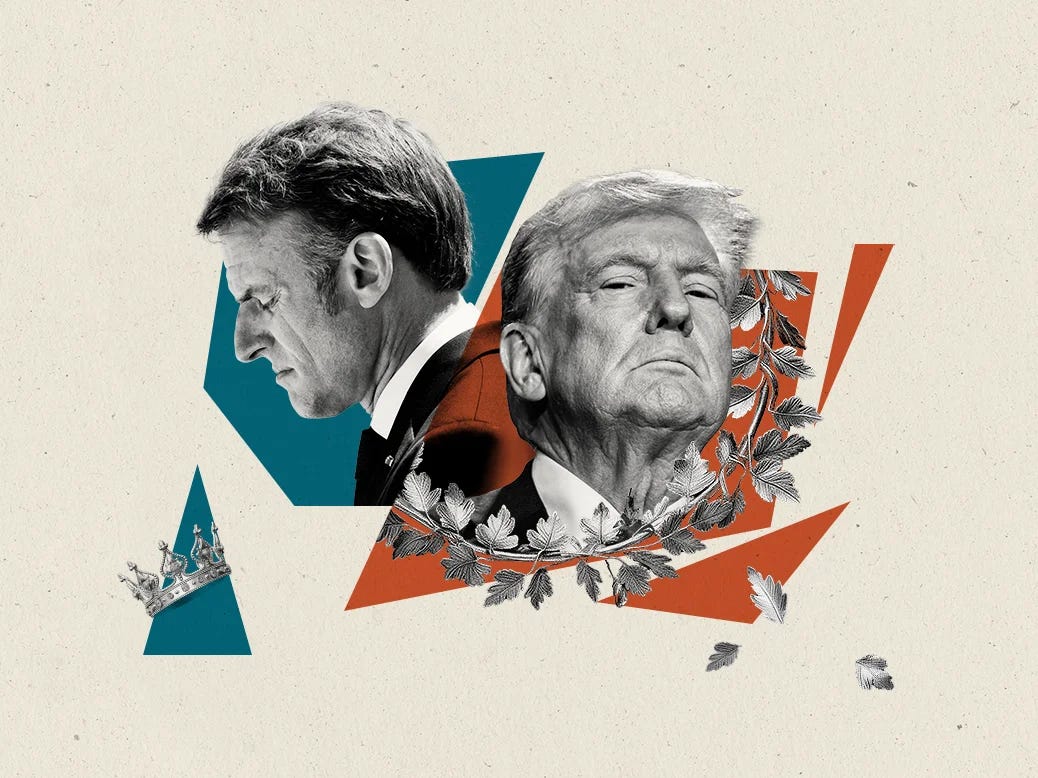
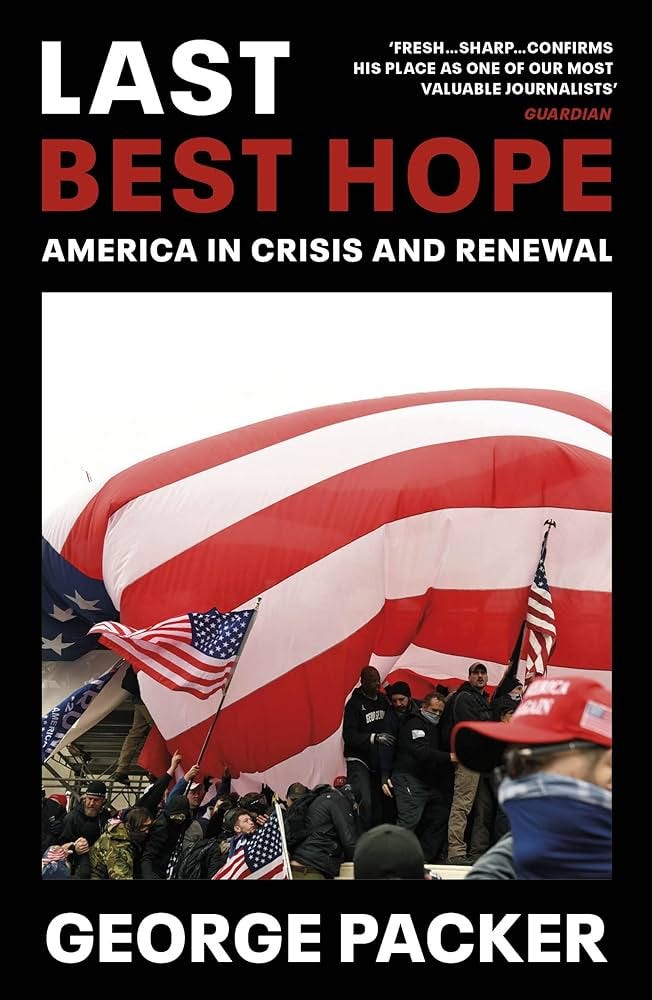
Hope it's only a bit of adjustment but the selections are not the same since the transition from Will.
Thanks for this. I was unaware of the connection between Girard and Vance.